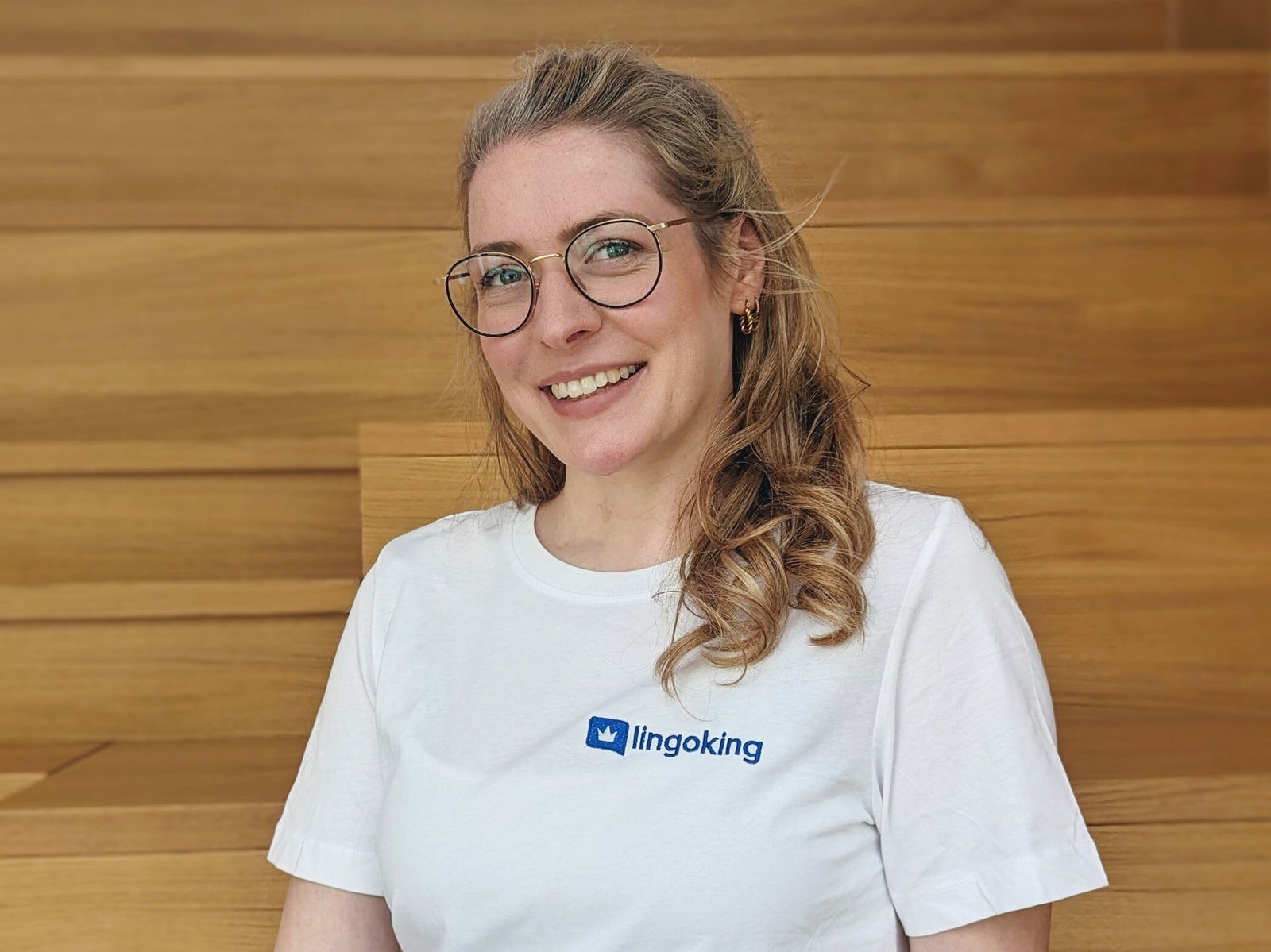
Working in Australia
Are you dreaming of a big adventure in Australia? Do you want to live and work in Australia – either permanently or maybe just for a while? We explain which jobs give you the best chance of getting a visa in Australia and what the working conditions are like on the other side of the world.
What skills are in demand in Australia?
Your best chance of obtaining an Australian work visa is if your skill set matches those most sought after in Oz. This is because Australia has a so-called "Skilled Occupation List". This list includes all the professions that are currently in demand Down Under. Is your job on this list? Then you have had a stroke of luck and can apply for a visa.
These are some of the most sought-after occupations in Australia:
- Technicians and electricians
- Healthcare professionals
- Drivers
- Sales and marketing managers
- Tax advisors
- Biomedical engineers
- Lawyers
- Construction managers and specialists in the construction industry
- Specialists in information and communication technology
Please note that the Skilled Occupation List is updated regularly. Occupations can be added or removed – depending on the situation on the Australian labour market.
Working conditions in Australia
But what is it actually like to work on the other side of the world? In general, the working conditions correspond approximately to the European standard, since many legal regulations are in place to protect you as an employee.
Just like in Germany, you will also receive a statutory four weeks of paid vacation, and there are seven public holidays in Australia. However, the individual states also have additional public holidays. Victoria is the frontrunner here with 13 public holidays. When it comes to sick days, the situation is a little different to what it is in Germany. In Australia, you are granted only ten paid sick days a year. If you do not need to take all of these days, you can carry them over to the new year.
A full-time working week Down Under is 38 hours, and there are different working time models. In addition to full-time and part-time, there is a model known as “casual”. Here, you do not have a fixed number of hours per week but are available on call as needed. However, with this working time model, you also will not be granted any paid vacation or sick days. Just like in Germany, employment contracts can either be permanent or fixed-term.
Legal notice periods in Oz are based on the length of time you have been with the company. For example, if you have been with the company for less than one year, the notice period is one week. The longer you are with the company, the longer the notice period.
Job search and applications in Australia
The first thing you are going to need to do is start looking for a job. The best way to find a suitable job is via relevant job portals in Australia:
- seek.com.au
- au.indeed.com
- workforceaustralia.gov.au
- job-directory.com.au
- careerjet.com.au
- au.jobted.com
- adzuna.com.au
- ethicaljobs.com.au
If you happen to be visiting the country, you can also search for suitable jobs in Australian newspapers. Since unsolicited applications are not common in Australia, they will usually be ignored. It is better to contact the company you are interested in directly in advance – call them or write an email and ask if you can send an application.
Job application for Australia
So, you have found a suitable job offer? Then you can now draw up your application for Australia. For this you will need the following documents:
- Cover letter
- Curriculum vitae
- References
Your cover letter should not just be a reiteration of your CV. Rather, you should use it to highlight the milestones of your career, address the job posting and the company, and explain why you are the right person for the job.
Your CV should begin with your most recent employment and list other employment in reverse chronological order. Information such as religious affiliation, gender or nationality should not be included in your CV. Nor should you attach a photo – it is unusual in Australia for a CV to have a photo.
Tip: Since Australian companies may be unfamiliar with your previous employers in Germany, you can provide a little more information about the company, such as number of employees, industry and a website link.
Tip: Since Australian companies may be unfamiliar with your previous employers in Germany, you can provide a little more information about the company, such as number of employees, industry and a website link.
The biggest difference to job applications in Germany, however, is that you usually do not have to send report cards or certificates, but instead need to include references. References are letters of recommendation from former employers or, even better, people in Australia who can recommend you for the job.
Your application should be written in error-free English. Therefore, be sure to have your documents proofread by a native English speaker. If your letters of reference are written in German, you should definitely have them translated into English. If you do have to submit report cards and certificates, you should not only translate these, but also have them certified. Your potential new employer should have all documents in English in order to be able to assess them optimally.
Work visa for Australia
You have found a job? Then you will now need a work visa. If you only want to live and work in Australia for a certain period of time, you can apply for a “Temporary Work Visa”. There are various options here.
The following requirements apply to all visas:
- Sought-after skills: You must be considered a skilled worker, i.e. your job must be on the "Skilled Occupation List".
- English language proficiency: You must have the required English language proficiency and be able to demonstrate this through tests such as IELTS or TOEFL.
- Points system: For certain visas and certain professions, a minimum score in a "Skill Assessment Test" is required.
Temporary Skill Shortage Visa (Subclass 482)
Short-term stream
This visa allows you to stay in Australia for two years – or even four under certain conditions. You can only reapply for this visa once.
- Your job must be on the Skilled Occupation List for “short-term” employment.
- You must also be nominated for this visa by your employer.
- You must have at least two years of work experience in the relevant professional field
- You may only work for the employer who sponsors you.
Cost: from 1,495 AUD (approx. 923.50 euros)
Medium-term stream
This visa allows you to stay in Australia for up to four years. You can apply for this visa again and again. After three years, you can also apply for a permanent visa.
- Your job must be categorised as “medium” or “long-term” on the list.
- Again, you must be nominated.
- You must also have at least two years of professional experience in the relevant professional field
- For the term of the visa, you may only work for this one employer.
Cost: from 3,115 AUD (approx. 1,924.21 euros)
Labour agreement stream
This visa also allows you to stay in Australia for up to four years. However, the duration of your stay depends on the “labour agreement” that you have concluded with your employer.
- You have to be nominated.
- You have to conclude a “labour agreement”.
- You need at least two years of professional experience.
- You are also only allowed to work for your sponsor.
Please note that only certain employers are permitted to conclude a “labour agreement”.
Cost: from 3,115 AUD (approx. 1,924.21 euros)
What is a nomination?
The visa process stipulates that your employer first submits an application as your sponsor. If approved, your employer can then nominate you. Only then can you apply for the visa.
Skilled Regional (Provisional) Visa (Subclass 491)
This visa allows you to live and work in a specific region in Australia for a certain period of time. These regions actually cover just about everywhere outside the major cities of Sydney, Melbourne and Brisbane. Regions such as Adelaide, Perth, Hobart and many smaller cities are also considered “regional”.
- This visa allows you to stay in Australia for five years.
- You have to be nominated by a territory or state.
- Your job must be on the “Skilled Occupation List” – be it short-term, medium-term or long-term.
Cost: from 4,770 AUD (2946.55 euros)
What documents do you need?
- Passport
- Medical examination
- Police certificate of good conduct
- Certificates, diplomas
- Curriculum vitae
- Employment references
- If applicable, marriage certificate for partner and birth certificate for children
Translation of your documents
For your visa in Australia, you are required to have all documents translated into English. However, documents do not necessarily have to be certified.
Please note that translations for Australia must include the following information about the translators:
- First and last name
- Address and telephone number
- Qualification and experience in the translated language
- All information must be in English.
Be sure to pass this information on to the translation agency taking care of your translation to ensure that everything goes smoothly.
Our translation services
More information about Australia
- Living in Australia
- Emigrating to Australia
- Visa for Australia
- Work and Travel Australia
- Studying in Australia
FAQs: Working in Australia
Yes, German teachers can work in Australia. Australia has a high demand for teachers, especially in rural areas and in certain disciplines such as maths, science and special education.
However, you have to have your qualification recognised by the AITSL (Australian Institute for Teaching and School Leadership). In addition, you must register with the teachers’ association of the state or territory in which you plan to work.
Yes, as a German physiotherapist, you can work in Australia. Australia has a high demand for qualified physiotherapists, especially in rural and remote areas.
The APC (Australian Physiotherapy Council) first has to positively assess your qualifications and experience. After successful recognition by the APC, you will need to register with the Australian Health Practitioner Regulation Agency (AHPRA).
Yes, as a German citizen, you can work in Australia. To do this, you will need either a temporary work visa or a permanent work visa.
Yes, if your qualifications are recognised in Australia, you can work as a German medical specialist in Australia. This recognition is provided by the Medical Board of Australia.
Yes, in principle you can work as a German lawyer in Australia. However, the road to get there is long, as the Australian legal system differs significantly from the German one – being based on common law, whereas the German system is based on civil law.
To work and live in Australia, you will need to apply for a visa. With a temporary work visa, you can stay in Australia for up to four or five years. If you want to stay longer, a permanent visa is recommended. You have the best chance of getting a visa if you are considered a skilled worker in Australia and your job is on the “Skilled Occupation List”.




